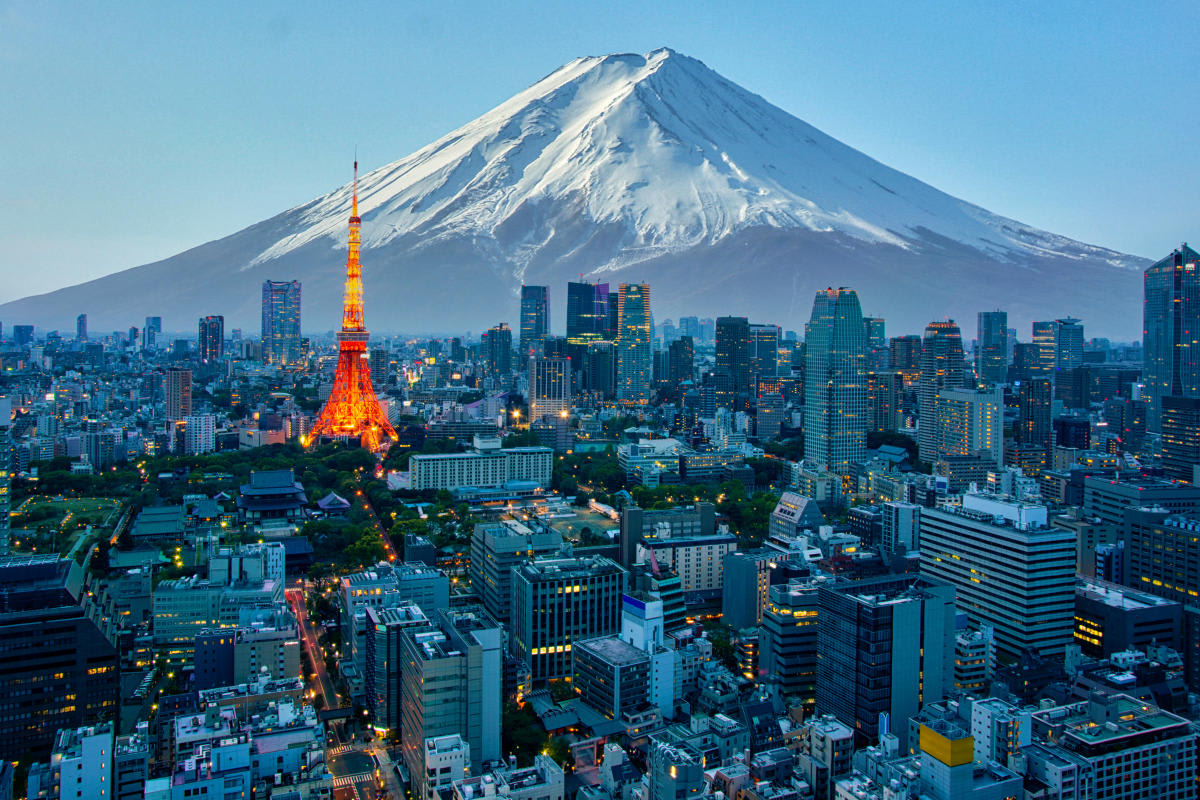Background
(The other night, my husband and I found ourselves lost in conversation about places we want to visit. Traveling has always been one of those dreams we lean into when the realities of daily life feel too heavy. This time, Tokyo was the center of our discussion. From its bustling streets and neon lights to the serene beauty of its temples and cherry blossoms, Japan has always fascinated both of us. It felt like the kind of trip we’d never forget. But, as often happens, a darker reality interrupted our daydream.
My husband then asked me, “Would Japan even allow a felon to enter the country?” His question wasn’t just random speculation. For us, it’s personal.)
A Question Worth Asking
You see, my husband’s name is still tied to the legal situation that robbed him of his full freedom and still does, as he is in federal prison. A crime he didn’t commit, and yet the consequences cling to him like shackles he can’t remove. To travel to a country as strict as Japan, we face the real possibility of being turned away purely because of a system that wrongfully labeled him. It’s not right. It’s never been right. Our government has to FIX THIS!!!
Imagine this for a moment. The ability to step onto foreign soil, to immerse yourself in a new culture, isn’t just a privilege. It’s a window into understanding the broader world. It’s a fundamental human experience. And yet, in the blink of an eye, the American justice system, built on claims of fairness and integrity, can strip that away with no regard for innocence or truth.
This injustice in the form of restricted travel rights isn’t unique to us. We started talking about how governments all over the world impose unjust restrictions on their citizens, often hiding behind flawed procedures. This isn’t just bureaucratic oversight. This is about human rights.
Real Stories of Suppressed Freedom
Michael then shared a story he’d heard from someone while serving his time in prison. The man had been on the run for 13 years after stealing $14 million. During those years, he traveled freely to countless countries, always carefully avoiding detection. The simplicity of his existence while evading capture is mind-blowing. He did it without using a single electronic device.
During those years, his family met him in different countries every two weeks. And in his travels, two places stood out to him as unforgettable. He described Portugal as "an absolute dream" with its breathtaking beauty, warm culture, and incredible food. Japan, too, left an impression with its unique culture, unparalleled discipline, and stunning landscapes.
Eventually, this man was caught. He served just four years in prison for stealing a mind-boggling $14 million. Meanwhile, Michael, who maintains his innocence, is serving a 27-month sentence for an alleged theft of $42,000. The contrast seems like satire, where the punchline is a harsh reality about inequality in sentencing and primal justice.
The System’s Lack of Balance
This leads to a bigger question that Michael and I keep circling back to. What did he do to deserve this fate? And more importantly, how is it that a system with so much power fails to protect the innocent or treat offenses proportionally?
One of the glaring issues lies within the very foundation of federal judgeship in the United States. Federal judges hold lifetime appointments. Their rulings can reshape someone’s life entirely, with little accountability. Imagine it. No checks, no performance reviews, no re-evaluation based on conduct. The lives of countless people hinge on their decisions, but their power remains almost entirely unchecked.
Compare this to politicians who are, at the very least, subject to the scrutiny of elections and public opinion. Why do federal judges get a pass? This isn’t just a question for legal scholars. It’s a question for anyone who values fairness and equality.
Taking Away Rights Is Not Justice
When governments, whether intentionally or through flawed systems, deny people their rights, it’s a slippery slope toward losing what makes us free. Countries worldwide have been examples of this. Take authoritarian regimes that suppress movement, speech, and individuality, all in the name of control. It’s easy to point fingers and call it “them” when we see it playing out across the globe. But when it’s happening here, within the confines of our justice system, it should be a wake-up call for reform.
Michael and I still dream of sipping hot matcha in a Kyoto tea house or exploring the Azulejo-clad streets of Lisbon. These aren’t just trips for us. They’re symbols of freedom, of possibility. But before we can pack our bags and plan itineraries, we face an uphill battle to make sure his name is cleared. We shouldn’t have to fight for something so fundamental. No one should.
Reform Is Necessary
If there’s anything this conversation taught me, it’s that the system must change. We need checks and balances at every level of government, including the judiciary. No one person or group should have such overarching control without oversight. It’s time to question lifetime appointments for federal judges and hold them accountable for performance and integrity.
It’s time to demand a justice system that isn’t selective about whose rights it respects. People like my husband shouldn’t have to fight to prove their worth. They shouldn’t have to fight for their fundamental right to explore the world or to clear their name.
This is about more than just one man or one story. It’s about ensuring that no one is unjustly shackled by a flawed system. Because when we allow injustice to go unchecked, we allow a piece of our collective humanity to be eroded.
Michael and I will get to Japan. And to Portugal. But our fight shouldn’t exist. And we’ll keep talking about it, wherever we go…
